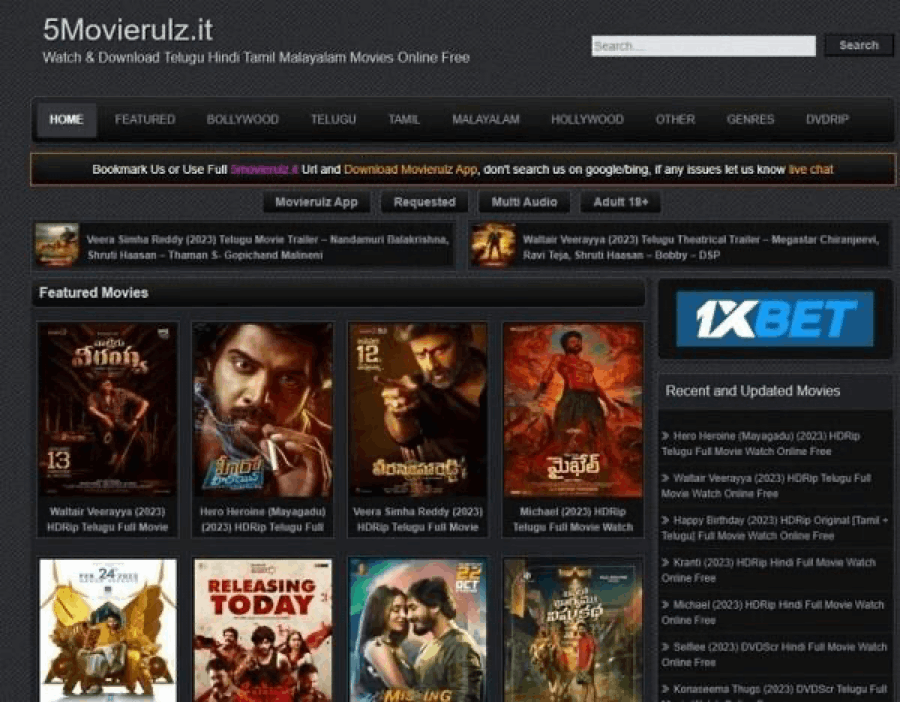Google Discover: No Results? Fix & Re-Search!
Could the digital echo chamber truly be silencing genuine inquiry? The persistent "We did not find results for:" message, followed by the plea to "Check spelling or type a new query," is becoming an increasingly pervasive symptom of a search landscape that may be subtly, or perhaps not so subtly, manipulating the information we access. This seemingly innocuous phrase, encountered daily by millions, hints at a deeper problem: the potential for algorithmic bias, censorship, or a simple lack of readily available, accessible information to shape our understanding of the world. Are we, the seekers of knowledge, being nudged, steered, or outright denied access to the full spectrum of perspectives and facts?
The seemingly simple task of searching online has evolved into a complex interplay of algorithms, data centers, and user behavior. What begins as a straightforward question often encounters a frustrating dead end, a digital wall built by the very systems designed to provide answers. The frustration inherent in repeated no results scenarios can lead to several unintended consequences. It might foster a sense of resignation, making individuals less inclined to delve deeper into complex issues. It can also reinforce existing biases by subtly suggesting certain viewpoints are more valid or "searchable" than others. Moreover, it can, in some cases, be a harbinger of deliberate information control, where inconvenient or dissenting voices are simply made invisible. Consider the implications for free thought and the pursuit of truth when the gatekeepers of information are not entirely transparent about their processes. Consider, too, the psychological impact of perpetually being told your query is 'invalid', as if the very questions themselves are somehow wrong or off-limits. The consequences, although often invisible, are far-reaching and deserve careful scrutiny.
| Topic | Details |
|---|---|
| Core Issue | The systemic prevalence of the "We did not find results for:" and "Check spelling or type a new query" messages encountered during online searches. |
| Manifestation | Occurs across various search engines, databases, and digital platforms. |
| Potential Causes |
|
| Impact |
|
| Consequences |
|
| Mitigation Strategies |
|
| Related Phenomena |
|
| Underlying Implications |
|
| Ethical Considerations |
|
| Technological Developments |
|
| Societal Impact |
|
| Legal Implications |
|
| Reference Website | Electronic Frontier Foundation (EFF) |
The ubiquitous nature of this no results phenomenon suggests a deeper issue at play than simple technical glitches. The algorithms that govern our online experiences, while designed to deliver relevant information, are also shaped by human biases, commercial interests, and perhaps, less transparent agendas. Consider the potential for a search engine to prioritize content from specific sources, effectively amplifying certain voices while silencing others. The implications extend far beyond the mundane. Imagine research into climate change, historical events, or political discourse, where unfavorable viewpoints are consistently relegated to the digital wilderness. The absence of results, then, isn't simply a blank screen; it is a powerful statement, a subtle act of information control that influences the very fabric of what we believe to be true.
The check spelling or type a new query prompt, although intended to aid the user, can also be a subtle form of gatekeeping. It directs us to rephrase our questions, to conform to the pre-set parameters of the search engine, potentially leading us away from unexpected or unconventional answers. If the goal is to search, find, and understand, what happens when the system is constantly asking you to reformulate your questions to fit its constraints? This process of reformulation, whether intentional or unintentional, effectively narrows the scope of our inquiries. In doing so, it reinforces the status quo and discourages the kind of open-ended exploration that fuels innovation and critical thinking.
Consider the mechanisms at work. Search algorithms are designed to interpret, rank, and deliver information. These algorithms are trained on vast datasets, and their outcomes are often shaped by the data that they consume. This data can reflect existing biases in society, reinforcing stereotypes and limiting access to alternative perspectives. Moreover, the economics of the internet also play a crucial role. Search engines are businesses, and they rely on advertising revenue. This can lead to a situation where search results are influenced by commercial interests, favoring content that generates clicks and revenue over content that is genuinely informative or critically relevant. There is an inherent conflict of interest when the gatekeepers of information also have a financial stake in the information they provide.
Beyond the specifics of search engine design, the "no results" phenomenon is intricately linked to the broader challenges of the digital age: the rise of echo chambers, the proliferation of misinformation, and the increasing influence of algorithms on our lives. These phenomena are interconnected, reinforcing each other in a self-perpetuating cycle. Echo chambers, for instance, reinforce existing biases by exposing individuals to like-minded viewpoints and filtering out dissenting opinions. This can lead to a lack of critical engagement and an unwillingness to consider alternative perspectives. The spread of misinformation and disinformation exacerbates these problems, making it increasingly difficult to discern fact from fiction. All of these elements are amplified when the underlying search engine is already working with pre-conceived notions of what information is important or "searchable".
The challenges of overcoming this pervasive hurdle are multifaceted, demanding a multi-pronged approach. Firstly, we must demand greater transparency from search engine providers. We need to understand how algorithms work, what data they are trained on, and how they rank results. This requires a shift towards open-source code and algorithmic auditing, giving researchers and the public greater insight into the inner workings of these critical tools. Secondly, we must cultivate a more informed and critical approach to information consumption. This means teaching information literacy skills in schools and promoting media literacy among adults. It means teaching users how to evaluate sources, recognize bias, and identify misinformation. Furthermore, we have to encourage the diversification of our information sources. Relying solely on one search engine is inherently risky. Diversifying our searches across different platforms, and cross-referencing information from a variety of sources, is critical.
The We did not find results for: prompt is not a standalone phenomenon. Its part of a larger conversation about the role of technology in our lives, the importance of critical thinking, and the future of information access. As the digital landscape continues to evolve, it's crucial to remain vigilant, asking difficult questions and demanding accountability. The quest for truth and knowledge is not a passive activity; it requires constant vigilance and an unwavering commitment to questioning the status quo. The next time you encounter the seemingly innocuous "no results" message, take a moment to reflect on its implications. It may just be the beginning of a much larger and more important discussion. The pursuit of knowledge demands we look beyond the immediate, recognizing that a lack of results can sometimes speak volumes.
In conclusion, the repeated experience of being told "We did not find results for:" is a signal of larger, complex, and potentially worrying trends in the information landscape. It compels us to question the forces shaping our access to information. It demands greater transparency from the platforms and algorithms that curate our digital experiences. Ultimately, it calls upon each of us to become more active, critical consumers of information, to ensure that the pursuit of truth remains open, diverse, and unconstrained. The no results message is not merely a technical glitch; its a prompt, a challenge, and a call to action.


